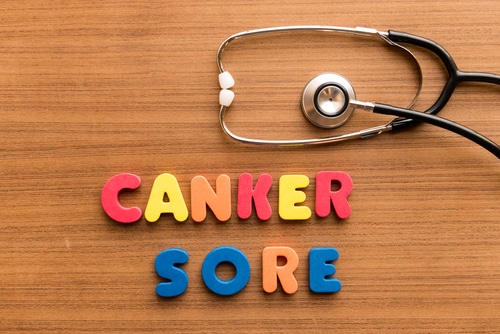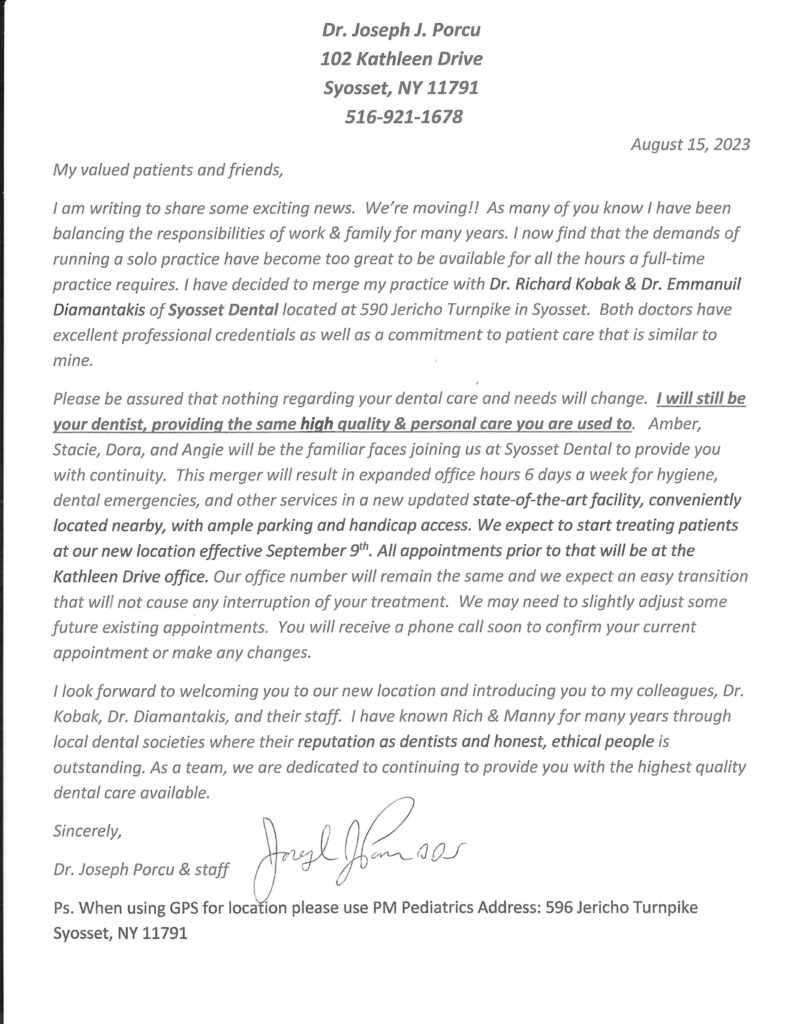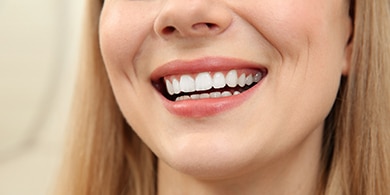 Canker sores can be painful, sometimes making it difficult for you to eat, brush your teeth, and perform other daily tasks that you wouldn’t otherwise think about – like talking. There are two different types of these ulcers; “simple” and “complex.” While they’re both undoubtedly uncomfortable, knowing which type of canker sore you have could help you determine what is causing these painful lesions. Typically, these sores can heal without treatment within one to two weeks, but, if they persist, it may be time to consult with your dentist. Knowing the cause behind your canker sores will help you to take the proper measures to avoid them.
Canker sores can be painful, sometimes making it difficult for you to eat, brush your teeth, and perform other daily tasks that you wouldn’t otherwise think about – like talking. There are two different types of these ulcers; “simple” and “complex.” While they’re both undoubtedly uncomfortable, knowing which type of canker sore you have could help you determine what is causing these painful lesions. Typically, these sores can heal without treatment within one to two weeks, but, if they persist, it may be time to consult with your dentist. Knowing the cause behind your canker sores will help you to take the proper measures to avoid them.
1.Nutritional & Vitamin Deficiencies
Nutritional and vitamin deficiencies such as B-12, iron, folic acid, and zinc are usually the cause of complex canker sores. Complex ulcers are typically less common and mostly occur in patients who have already had them.
2.Physical Injury Or Trauma
For a patient with simple canker sores, physical injury or trauma (especially in patients with braces or other orthodontic appliances) can be the cause. This doesn’t only stem from orthodontics – in fact, a sharp tooth could even trigger a sore to form.
3.Acidic Foods
Sometimes, foods that contain citrus or acid can cause a sore or make the problem worse. If you’re prone to simple canker sores, it’s probably best to avoid foods like lemons, strawberries, oranges, tomatoes, etc. just in case they trigger an ulcer.
What Can You Do?
Besides ensuring your nutrition is on track, avoiding acidic foods and as much injury as possible, your dentist may have a few recommendations to help ease your pain and discomfort like a prescription medication. In these cases, your dentist applies the medication in-office to treat the surface of the ulcer. This makes for a much more comfortable experience and hastens healing time!
If you’re experiencing canker sores and you can’t seem to get them to go away, don’t wait to visit your dentist!











